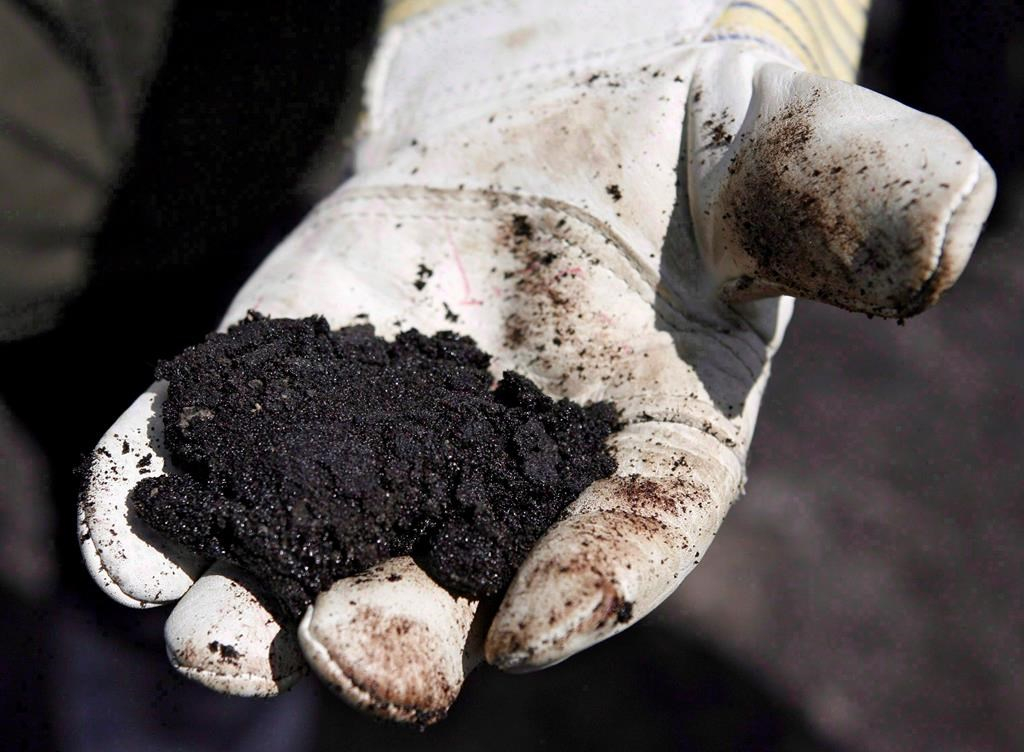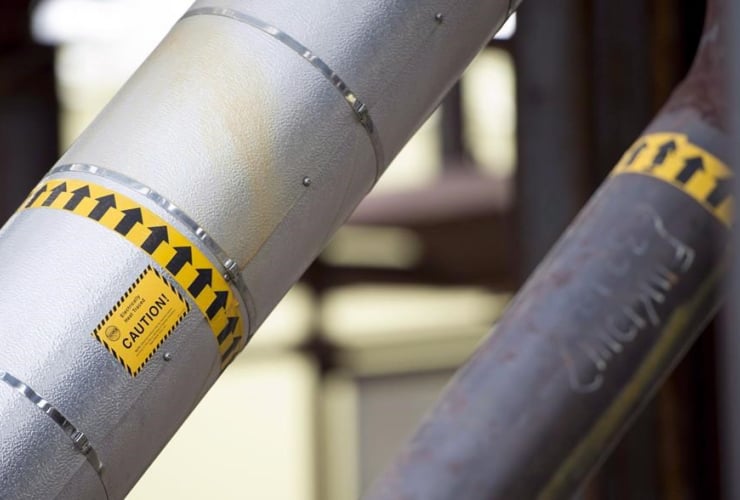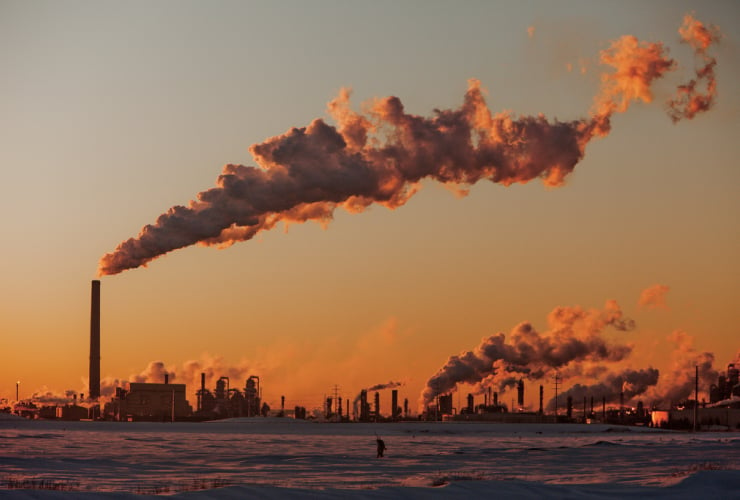A new report predicts Canadian oilsands production will have its biggest annual decline on record this year, dropping by an average of nearly 175,000 barrels per day due to issues associated with the COVID-19 pandemic.
But research firm IHS Markit says the step back in 2020 isn't expected to greatly affect the rest of its 10-year forecast.
It says it expects oilsands production to reach 3.8 million barrels per day by 2030, down slightly from a previous forecast for 3.9 million bpd, but still a 1.1 million bpd increase from the 2020 projected production.
Oilsands production is anticipated to rise over the second half of 2020 and into 2021 as barrels curtailed due to low prices come back online and capacity that has never been fully utilized ramps up.
It says oilsands output by 2022 could be 300,000 bpd higher than in 2019 if the Alberta government eases its oil curtailment program introduced in early 2019 to better align production with limited pipeline takeaway capacity.
It says most of the growth in production will come from small investments in projects where some capital has already been deployed — less than a third will come from new greenfield operations or project expansions.
"Despite the COVID-induced shocks of 2020 the longer-term expectations for Canadian oilsands are not far off from what was expected prior to the pandemic," said IHS vice-president Kevin Birn.
"The scale of installed production capacity that exists today, the lack of material production declines from existing operations in the medium-to-long term and the ability to optimize and leverage current operations support growth.”
This report by The Canadian Press was first published July 28, 2020.
this report is by who? A big
this report is by who? A big oil spinmeister? is there a mainstream media in Canada that isn't a shill for Big Oil through our five big banks' massive oversubscription in tar and gas.
It patently flies in the face of every financial analysis over the last few years , evidenced by the real world withdrawal of insurers for tarsands, the withdrawal of financiers of tarsands ( such as European Investment Bank, Blackrock)
And when are the tarsands
And when are the tarsands called out on the fact that they represent a very small proportion of Canada's economy, and are responsible for literally wiping out all the gains all the rest of Canada has contributed to *reducing* GWGs, at an ever escalating rate, with ever more dire consequences.
And who's going to buy their oil, do they think, at any price? I guess they've got to put a sunny face forward, since insurers and investors are dropping fossil fuel industries and they've got to figure out some way to bridge the gap between government subsidies and the cost of making product.
Our governments promise ... and carry on.
Was this unlinked report
Was this unlinked report responsive to the advent of a huge influx of electric cars by mid-decade from major car makers that will surely decrease the demand for liquid land transportation fuels? Or the surpassing of worldwide investments in fossil fuels by investments in renewables in 2021 predicted by the IEA? Or the potential Democratic US electoral landslide in exactly three months and the cancellation of Keystone XL while also enacting a Green New Deal set of policies? In all likelihood the report was written before last week's announcement by the French oil giant Total that it is pulling out the oil sands and writing down nearly $10B in investment debt, just one of the latest big players to pull out.
Sure, there may be a temporary surge in oil sands production, but it could amount to more of a gasp than a permanent spike. The report could amount to an embarrassing level of wishful thinking instead of sound analysis.





Comments